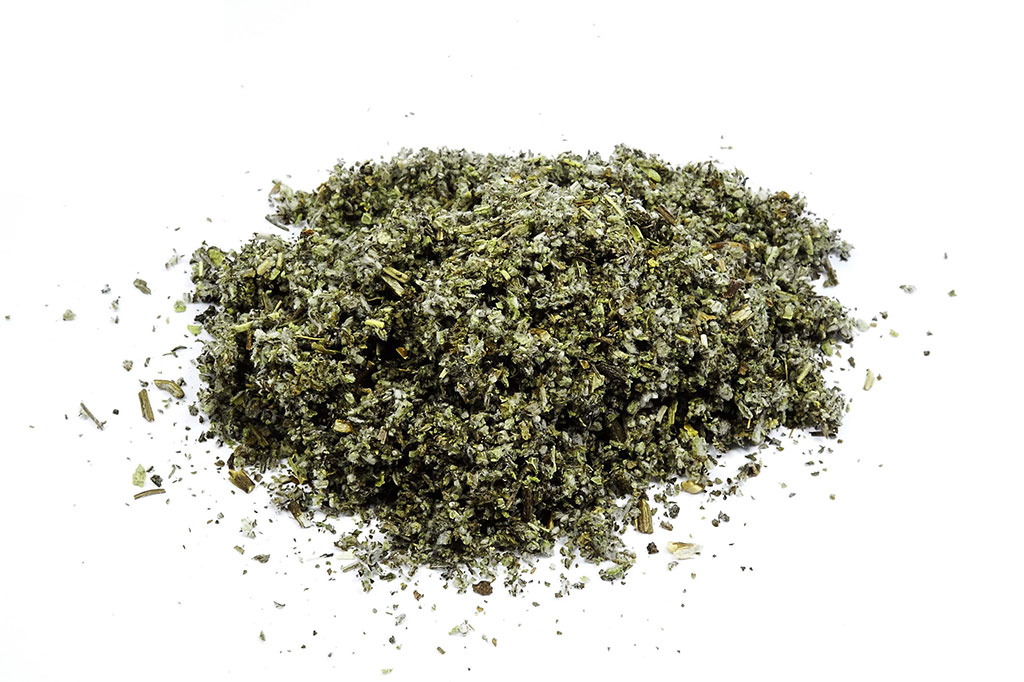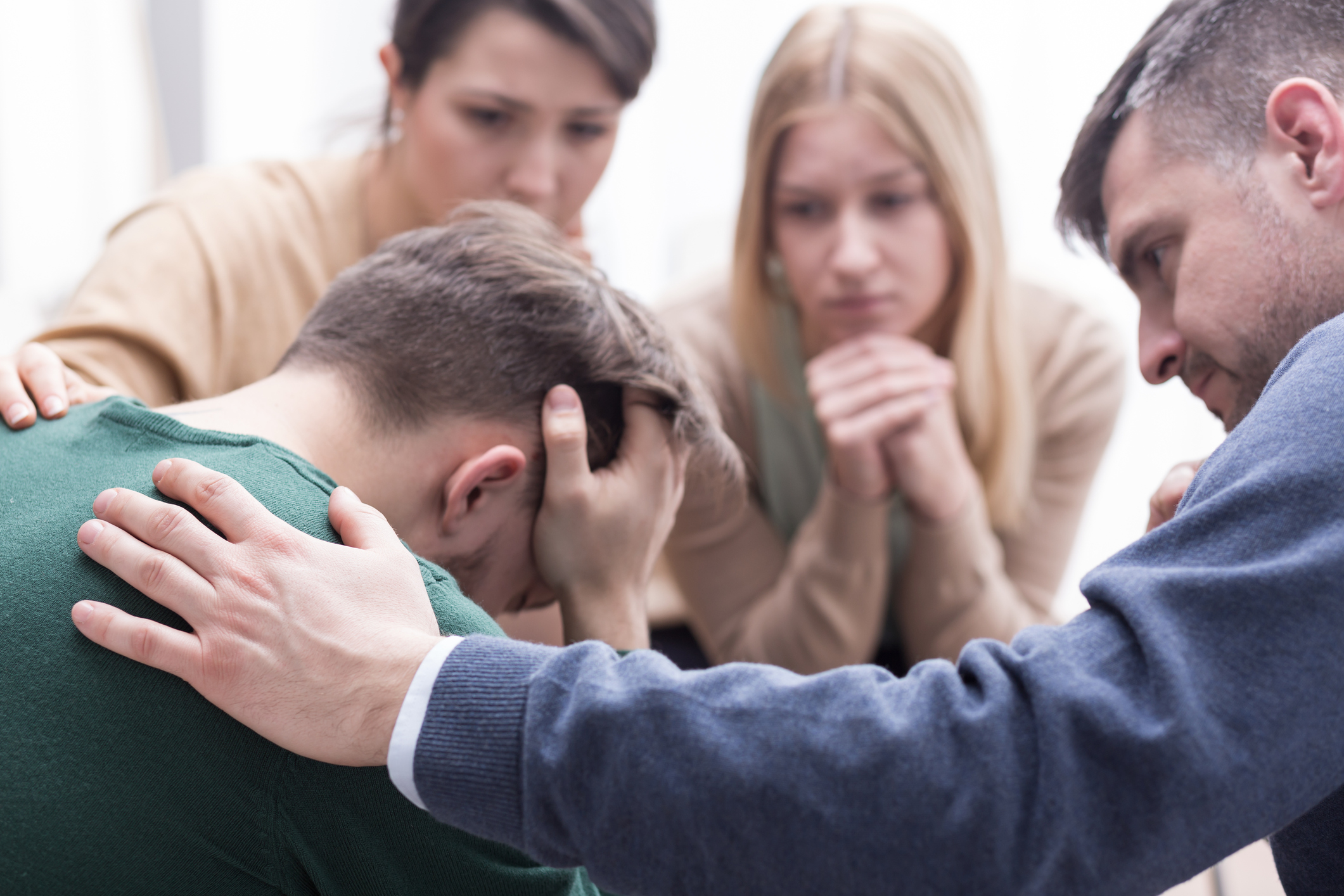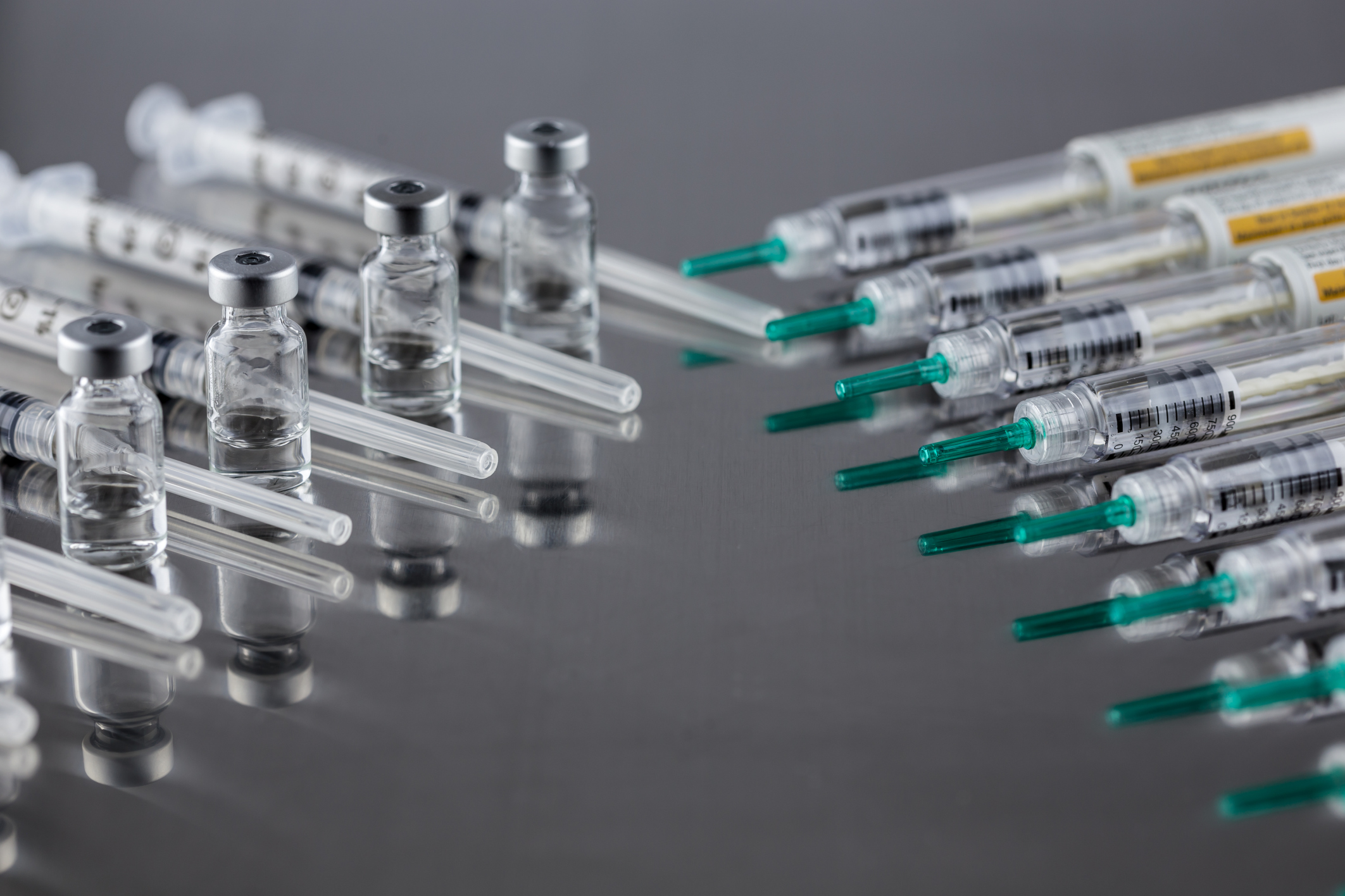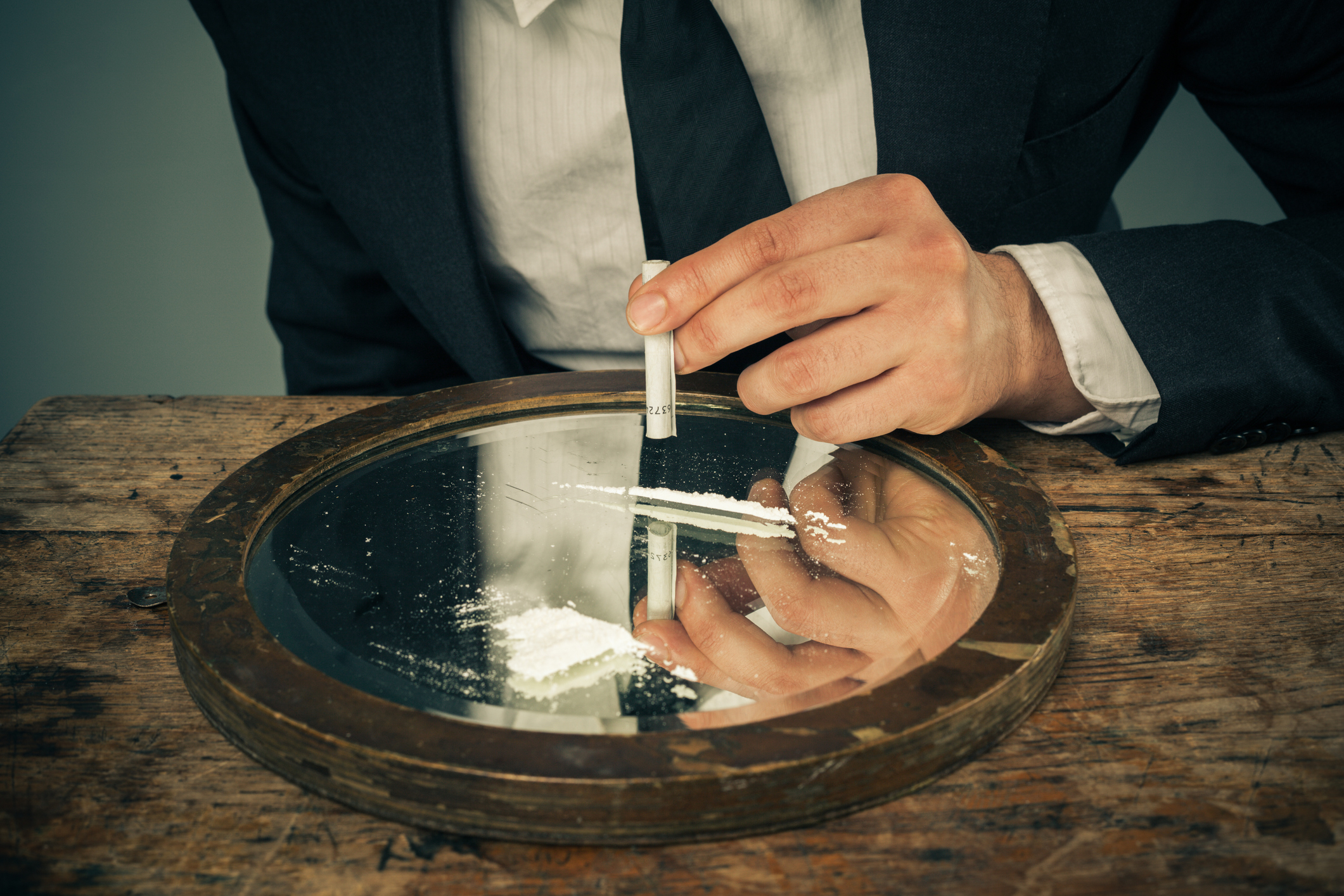
8 Reasons Why You Think You’re Not an Addict
December 5, 2016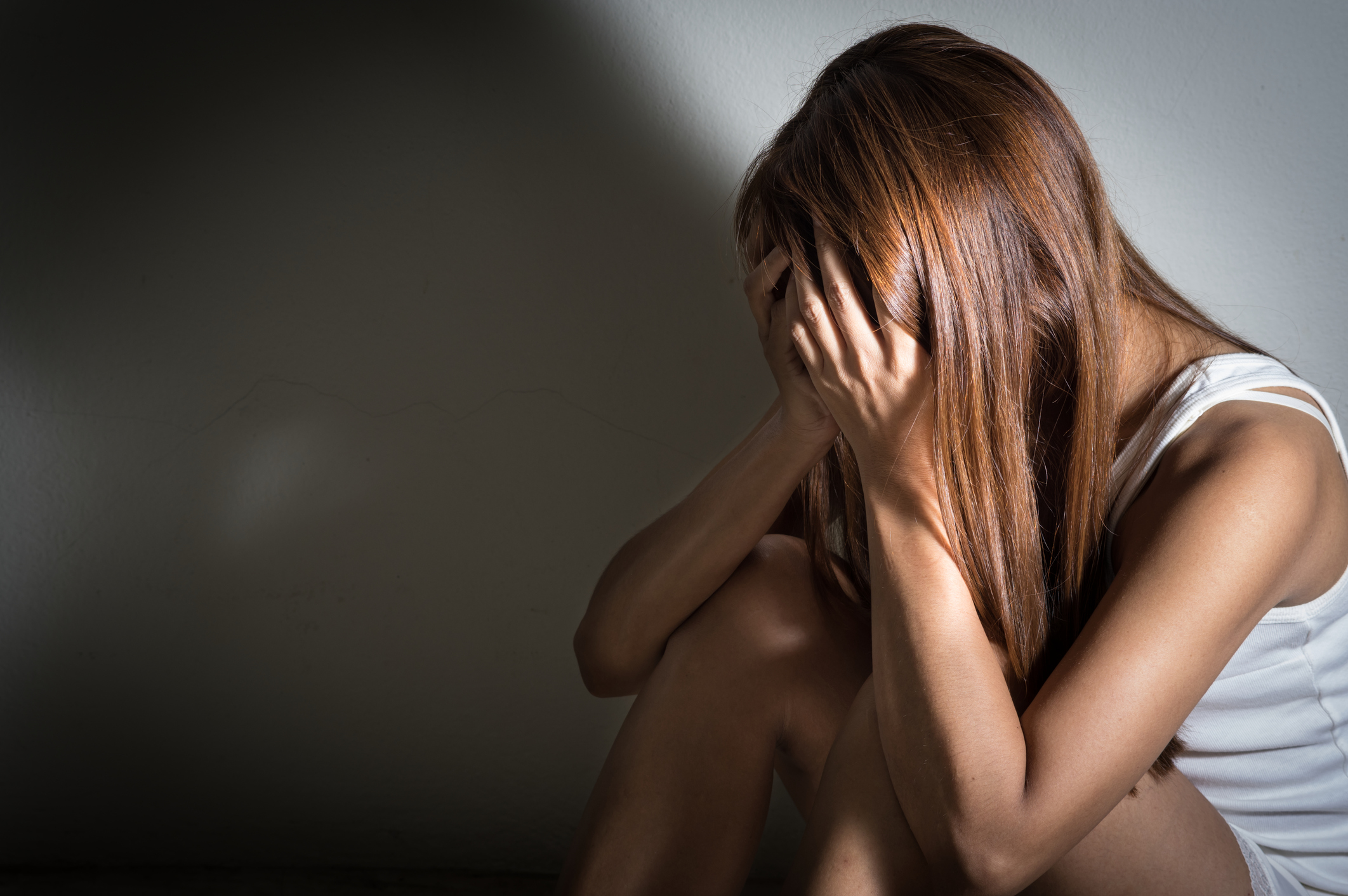
Silencing The Voice Of Addiction
December 12, 2016Sometimes when things go wrong, our first instinct is to blame someone else. Drug addiction is no different. Studies have shown that if your parents have ever had a drug or alcohol problem, you are much more likely to have a problem yourself. The more people you are related to that have a history of problems with drugs or alcohol, the greater your risk for substance abuse. Given that some people are genetically more prone to drug addiction, is it really fair to blame your parents? What other factors go into determining whether or not someone will become an addict?
While genetics are a factor, there are many environmental reasons that may trigger a person to begin using. Stressors such as work, or home environment may cause a person to drink or get high to “take the edge off”. While many people are able to have a drink at night and not develop a habit, some are more likely to have a problem occur. One common trait exhibited by drug addicts is blaming others for their dependency. For example, one may think that it’s because of their home life that they need to drink to calm down, or that because someone in their family is an addict they are as well, but is genetic predisposition enough of a reason to place blame?
Most parents of addicts will say that they’ve blamed themselves at one time or another. Tom McLellan, Ph.D., co-founder, and chairman of the board of directors of Treatment Research Institute in Philadelphia has lost one son to drug addiction, and another son is recovering. He says, “At a personal level, I know that I could have done more to prepare my two sons for what they would discover in junior high: that they would be offered alcohol and other drugs, NOT by some sinister felon, but by their friends and older brothers of friends; that because of their genetic history (virtually every male on both sides of their lineage had an alcohol problem), they would have a different reaction to alcohol (higher tolerance – able to immediately drink much more) than most of their peers; and that they had a special vulnerability to losing control over their use of alcohol and other substances.” Many parents agree, however, that hindsight is 20/20, and blaming themselves does no good in the end.
As part of their recovery, many addicts come to realize that there is no one else to blame when it comes to their drug addiction. In one online forum, a girl wrote of the moment that she realized that her addiction was her own doing and no one else’s. She describes her home life as one without much supervision and no one attending to her or her sibling’s needs. As she became a teenager and started using, she said it was in order to escape her life at home. When she used, she didn’t feel bad about her mother not coming home, or not providing enough food. Once her drug addiction started to spiral out of control, she felt such anger toward her parents. If they had only been around, and been more “normal” she never would have started using drugs. It’s only because they allowed her to roam free that she started looking for answers in the wrong places. For years, she refused to take responsibility for her own actions, but once she did she found it liberating. She was able to let go of the anger that she’d held against her family. She started to accept that it was her own decision to use the very first time, and every time after that. Once she was able to shift the blame, her recovery truly started.
For those that are being blamed, the road is no less rocky. One online user told how she was blamed for her boyfriend’s drug addiction, despite supporting him through rehabilitation several times. His parents first blamed themselves, then him, and finally her. They just couldn’t understand how he could continue to use despite their best efforts, and blaming her was the solution for the guilt they felt. Unfortunately, the son passed away and instead of seeing his addiction for the disease that it was, with no one to blame, they severed all ties with the woman they once called a daughter. On another site, a mother pleaded for advice because her daughter would no longer speak to her or allow her to see her grandchild. Her daughter blamed her for her years of drug abuse, and her subsequent problems in life. Growing up she had been a model student with a loving family and happy home, and her mother could not understand what drove her daughter to begin using in the first place. Rather than accepting responsibility for using in the first place, it was easier for her to blame someone else for her problems. Many people responded with similar stories of being cut out of someone’s life after they started using drugs or alcohol, and being blamed for it in some way.
While genetics do play a role in determining whether or not someone will become an addict, in order to overcome and recover one must take responsibility for one’s own actions. No matter what the outside influences are, using is a personal choice, and no one else’s. If there is a family history of drug addiction or alcoholism it is vital that there is an understanding that the risk of becoming dependent is greatly increased. Ultimately, the decision to use drugs or alcohol belongs to each individual, and cannot be blamed on anyone else. If you or someone you know needs help with drug or alcohol dependence, please reach out.
Get a Free Insurance Verification Today!
"*" indicates required fields
Contact Clearbrook
Are you or someone you love struggling with drug addiction or alcoholism? Have you blamed someone else or a situation for your use? We understand. Typically this happens with many alcoholics and addicts, but in order to recover, you must own up to your past behaviors and mistakes.
If you are ready to take the necessary steps to begin your journey of recovery, contact our Admissions Specialists today. For over 4 decades, Clearbrook Treatment Centers has been treating the chemically dependent person and offering support to their families. Please allow us to be of assistance to you as well.
ARE YOU OR SOMEONE YOU CARE ABOUT STRUGGLING WITH DRUGS OR ALCOHOL?
CALL CLEARBROOK TREATMENT CENTERS NOW AT (570) 536-9621.


